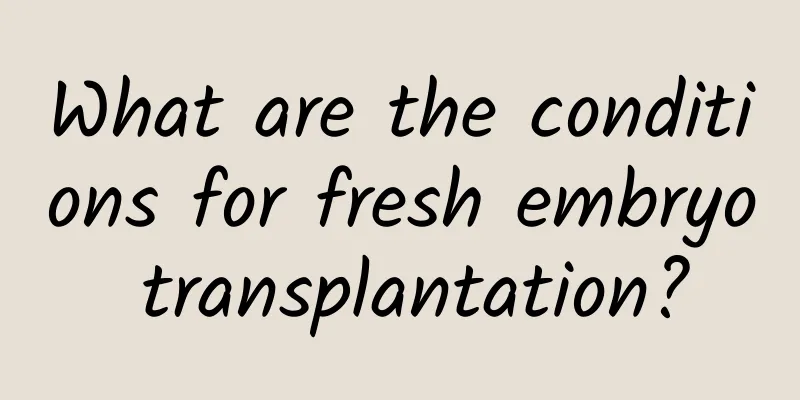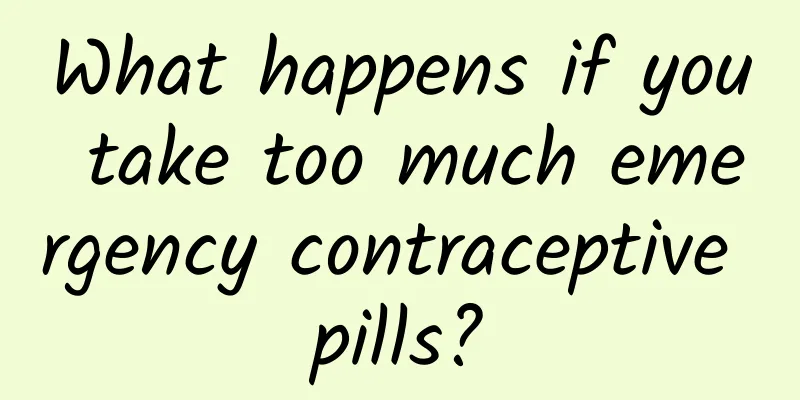What to do if you keep hiccuping

|
Hiccups are not a serious problem, but their impact on our lives cannot be ignored. It is very embarrassing if you keep hiccuping while talking to people or listening to a lecture. So what should you do if you keep hiccuping? Many people don’t understand this. In fact, there are some small methods that can help you solve the problem of constant hiccups. Let’s take a look at the introduction in this article. Although hiccups are not a serious disease, it is still very distressing when you have hiccups constantly in your life and work. So what causes hiccups? What should you do if you have hiccups? Experts explain that hiccups are caused by stimulation of nerves in any part of the brain stem, cervical spine, thoracic diaphragm, and gastrointestinal tract, which can cause spasm and contraction of the diaphragm. Temporary hiccups may occur especially after being exposed to cold stimulation, eating too much, eating too fast, or eating dry and hard food. This is not a disease. Most hiccups will stop automatically after a few minutes. So generally you don't need to see a doctor. 1. Bend over to drink water Drink a few sips of warm water, swallow it slowly, and bend over 90 degrees 10 to 15 times. Because the stomach is closer to the diaphragm, it can warm the diaphragm from the inside. When you bend over, the internal organs will also massage the diaphragm, relieving diaphragm spasms and achieving the purpose of stopping hiccups. 2. Tongue stretching When the hiccups continue, place a piece of clean gauze on your tongue and pinch your tongue with your fingers to stretch it outwards. At this time, you will feel gas rising in your abdomen and the hiccups will naturally disappear. , use deep breathing method For example, if you have hiccups while eating, you can stop eating and take a few deep breaths, which will usually stop the hiccups in a short time. When hiccups occur frequently, you can press the "Shao Shang" points on both sides with your fingers or ask someone else to do so. The "Shao Shang" point is located on the radial side of the root of the thumb nail, about 0.6 cm away from the edge of the nail, at the junction of the black and white flesh. When pressing, a certain amount of force should be used so that the patient feels obvious pain. The patient can perform compression by alternating hands. 4. Breath-holding Simply hold your breath for 30 to 45 seconds, or take a clean chopstick and put it in your mouth, gently stimulate the back 1/3 of the upper palate, and the hiccups will stop immediately. Because stimulating the upper palate with chopsticks can induce the pharyngeal reflex, which can cause the patient to hold his breath suddenly, increasing the carbon dioxide concentration in the airway and thus interfering with the neural reflex activity of hiccups. However, people with poor cardiopulmonary function should use this method with caution. 5. Massage is an effective treatment for hiccups Take a thin stick, wrap one end with cotton (if there is no stick at hand, you can use the thin end of a bamboo chopstick wrapped with cotton instead), put it into the patient's mouth, and use the soft end to press a point on the midline of the soft palate in front of the tip. This point is located just slightly behind the junction of the hard and soft palate. Generally, one minute of massage can effectively control hiccups. 6. Startle method You can also stop the hiccups by patting the person on the back when they are not paying attention. Because fright, as a strong emotional stimulus, can be transmitted through the cortex to the subcutaneous center, inhibiting diaphragm spasm. However, people with high blood pressure or heart disease should use it with caution. 7. Paper bag breathing method Cover your mouth and nose with a small plastic bag and take 3 to 5 deep breaths. Re-inhale the exhaled carbon dioxide to increase the concentration of carbon dioxide in the blood to regulate and suppress hiccups. 8. Sublingual sugar method Take a spoonful of sugar and swallow it dry (without water), it can stop hiccups after a few minutes. Sugar in the mouth may change the original nerve impulses to prevent the diaphragm muscles from contracting intermittently. After reading the introduction in this article, you should know what to do if you keep hiccuping. In addition to the above methods, you can also try to distract yourself when the hiccups continue; insert your index finger into your mouth to gently stimulate the throat and chew ginger slices. |
<<: What to do if your tongue is white
>>: Symptoms of duodenal ulcer
Recommend
What are the typical symptoms of nasal polyps?
Nasal polyps are a common disease that occurs in ...
What does it look like when a child has foreskin that is too long?
Phimosis means that the foreskin has completely c...
What are the symptoms of spinal tuberculosis?
Spinal tuberculosis is very common in life, and i...
Early symptoms of patellar arthritis
Affected by people's daily diet today, people...
The difference between spleen and stomach yin deficiency and yang deficiency
We are actually not unfamiliar with the terms yin...
Woman sweating profusely while sleeping at night
Sweating while sleeping is called night sweats. M...
Benefits of Plantain Foot Bath
Foot soaking is one of our ways of health preserv...
How long should I use to protect my baby's umbilical cord?
Every baby goes through the process of having the...
Can I eat leeks if I have urticaria?
I believe many people are familiar with leeks. It...
What causes blisters on the philtrum? How to treat it?
If blisters appear on the philtrum, everyone shou...
What is pelvic effusion and how to treat it
Pelvic effusion usually occurs when women suffer ...
What are the symptoms of stenosing tenosynovitis of the index finger?
In daily life, stenosing tenosynovitis of the ind...
Chinese medicine prescription for dizziness
Even if life and work are very busy, people shoul...
Why are Chinese people more and more likely to get cancer?
In the past decade or so, cancer has been like an...
What ointment to use for genital herpes
Genital herpes is a relatively common disease. If...









